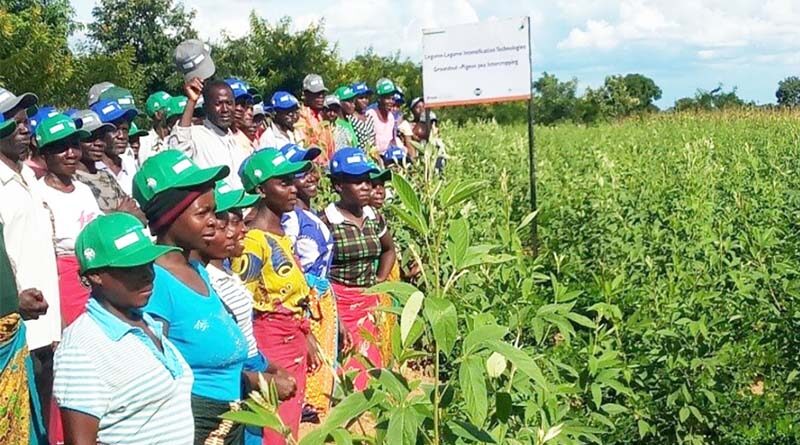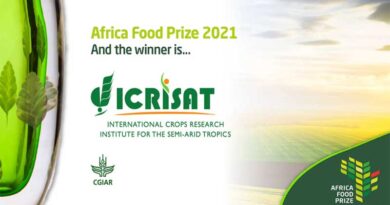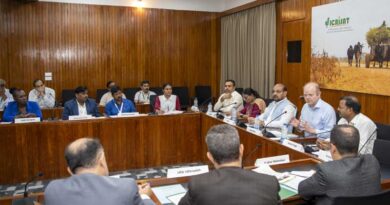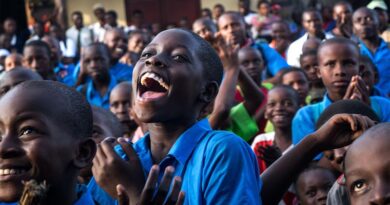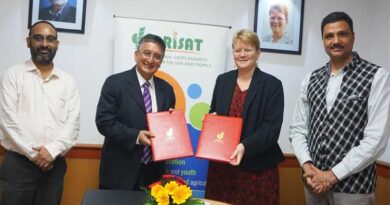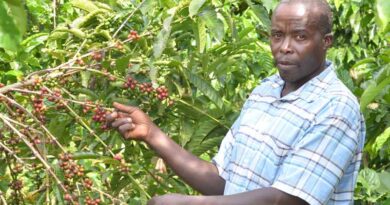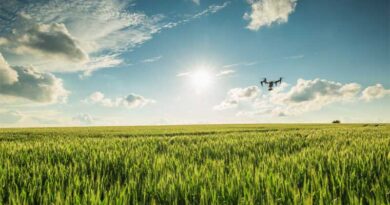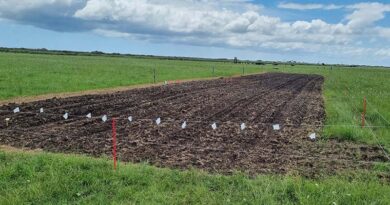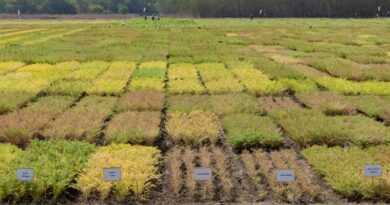Sustainable crop intensification through high-yielding resilient varieties and appropriate cropping system
03 May 2022, Zambia: The International Crops Research Institute for Semi-Arid Tropics (ICRISAT) with support of the Food Agriculture Organization – Benefit Sharing Fund (FAO-BSF) has undertaken the project for ‘Harnessing dryland legume and cereals genetic resource for food and nutrition security and resilient farming systems in Malawi and Zambia’. Under this project, several activities aimed at improving farmers’ resilience to climate change have been implemented in the last three years.
The project is being implemented in Central Malawi and Eastern Zambia, in partnership with the Department of Agricultural Research Services (DARS) and the Department of Agricultural Extension Services in Malawi and Zambia Agricultural Research Institute (ZARI), Farmers Out-grower Foundation and Mthilakubili Cooperative in Zambia.
Also Read: UPL provides 50 MT of Zeba to Bidal village in Maharashtra for Soil Application
The project is making strides in improving agricultural production systems by integrating technological packages as a possible pathway to food and nutrition security and adaptation to climate variability. The efforts have led to introduction of improved groundnut and pigeon pea varieties, enhanced access to seeds of improved varieties, promotion of best fit cropping systems and capacity building in Plant Genetic Resources for Food and Agriculture.
Key project achievements include:
- Establishment of 18 Community Seed Banks (CSBs), an informal seed system where farmers access seed through a pass-on model. 2689 farmers (955 men and 1734 women) have accessed seed of improved groundnut varieties and over 20 tons of Quality Declared Seed (QDS) produced annually.
- 22 Centres of learning established to showcase varieties and cropping systems, which has resulted in adoption of pigeon pea-groundnut intercrop by more than 65% of the farmers in the project area.
- 220 Researchers and lead farmers (124 women and 96 men) trained in use of Plant Genetic Resource for Food and Agriculture (PGRFA). There has been much improvement in farmers’ assets base by investing in livestock, land, improved houses and other business ventures which in turn have improved their food, income and nutrition security.
During the field day in Mchinji-Malawi, Mr Weston Dalitsani, a DAES representative, acknowledged ICRISAT and FAO-BSF project for the technologies and scientific knowledge that proved to be a gamechanger in addressing major production challenges like the Groundnut Rosette Disease (GRD), low soil fertility and climate variability. He urged farmers to participate in CSBs to acquire seed, adopt better allied agronomy like double row planting and pigeon pea intercropping to manage their lands better. He also pledged to continue working with farmers even after project life to ensure these technologies reach out to more and more farmers. (Dr James Mwololo, ESA groundnut breeder, is the Principal Investigator of the project supported by Wills Munthali, Senior Scientific officer).

